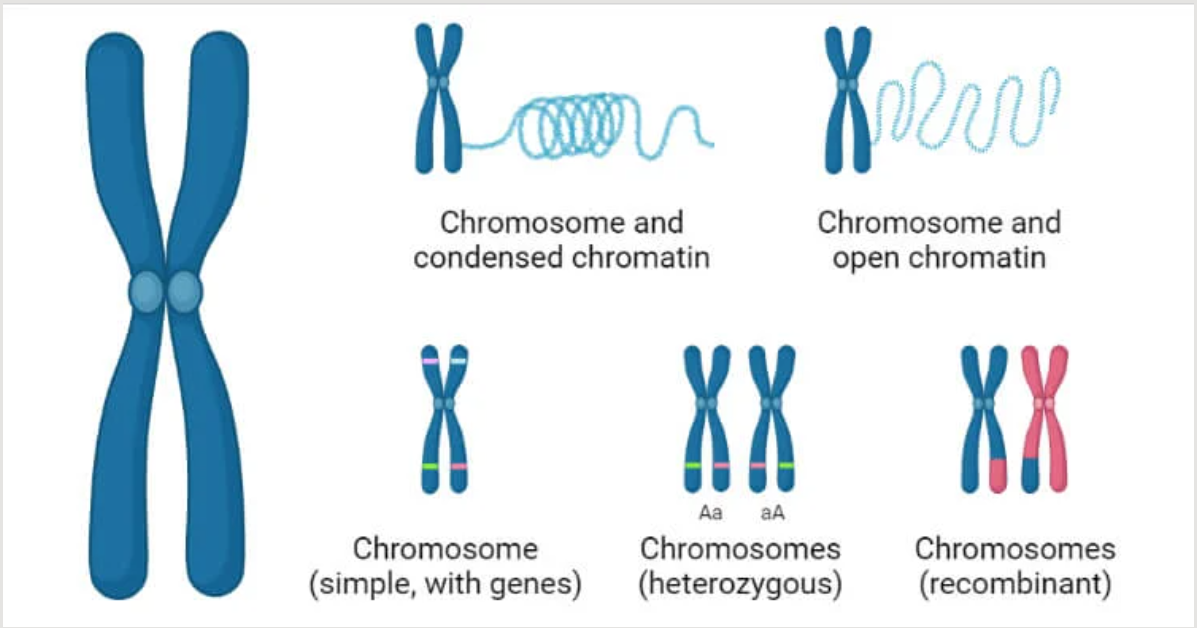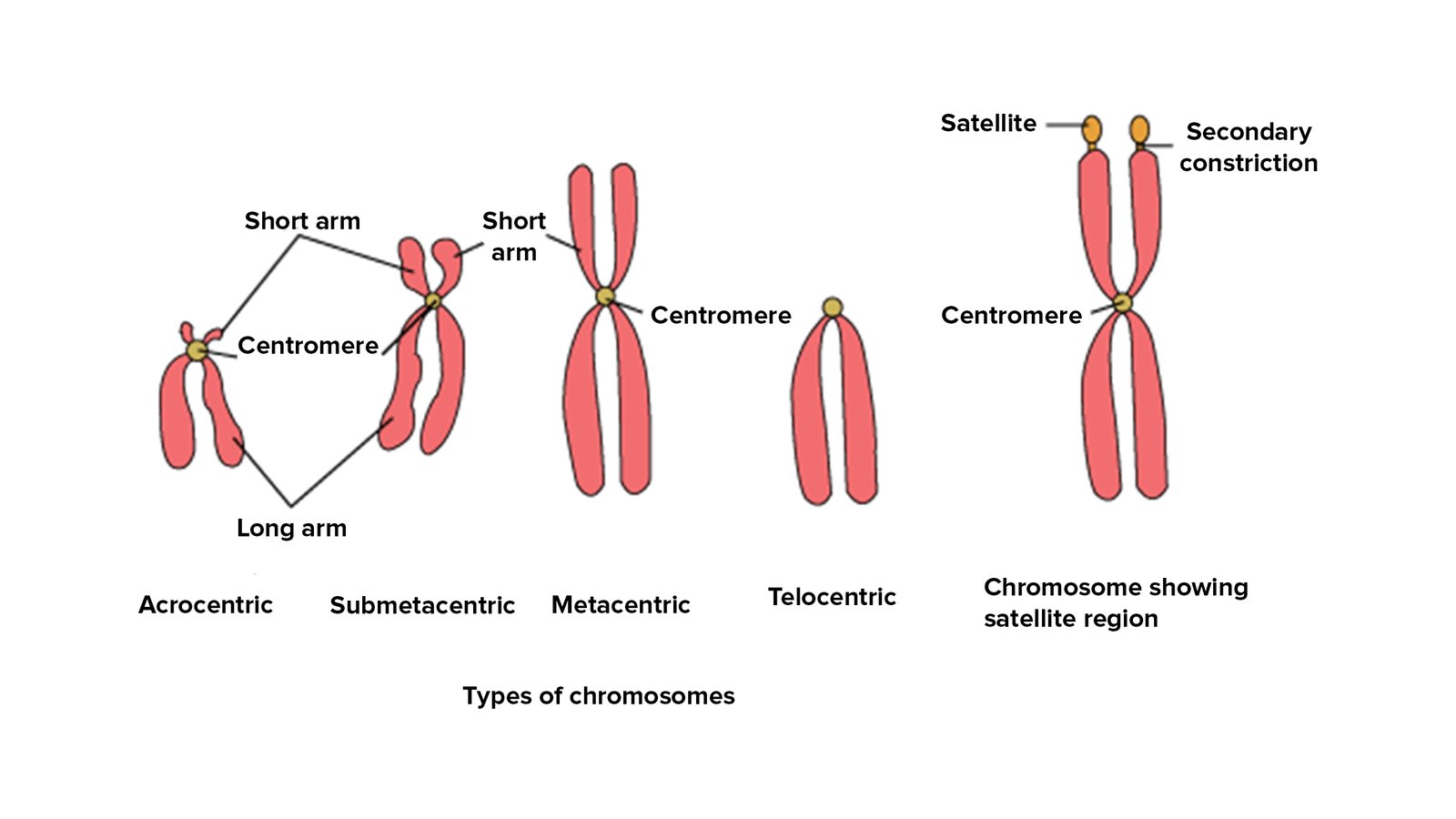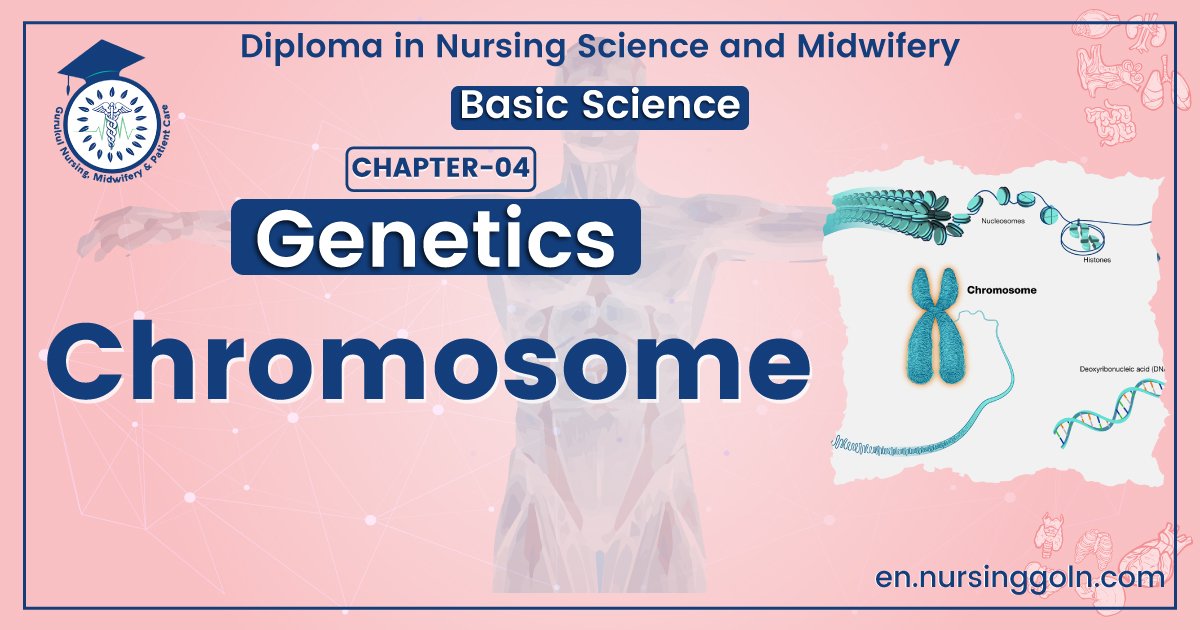Function of Chromosome – Introduction to fundamental concepts of Biological Science including the organization and common characteristics of living matters, cell structures and functions, food production by photosynthesis, harvesting energy, mechanism of cells reproduction, genetics, evolutions, and Human Biology. Introduction to general chemistry including basic concepts about matter, atomic structure, chemical bonds, gases, liquid, and solids, solutions, chemical reactions, acid, bases, and salt;
organic and biochemistry including hydrocarbons and their derivatives, carbohydrates, lipids, proteins, enzymes, vitamins, and minerals, nucleic acids; principles of physics and applications to nursing including gravity and mechanics, pressure, heat and electricity; nuclear chemistry and nuclear physics, effects of radiation on human beings, and protection and disposal. The aim of the course is to acquire knowledge and skills in general biological science, general chemistry and physics.
Function of Chromosome
A chromosome is a DNA molecule with part or all of the genetic material (genome) of an organism.
Or
Chromosome are elongated thread-like structures which becomes visible during cell division and transmit genetic information.

➤ Situation: They lie within the nucleus of each animal cell.
➤ Number: Each human somatic cell contains 46 chromosomes of which 22 pairs are autosomes and the one pair is sex chromosome (sex chromosome in female is XX and in male is XY). The number of chromosomes in male and female somatic cells are –
- Male: 44 autosomes + X and Y sex chromosomes
- Female: 44 autosomes + X and X sex chromosomes
In each gamete the number of chromosome is half (23) of the somatic cell and termed as haploid number. So in
- In male gamete or sperm there are 22 autosomes + one X or one Y sex chromosome.
- In female gamete or ovum there are 22 autosomes + one X sex chromosome.
➤ Structure: Chromosome is composed of two parallel rod like structure called chromatids. Chromatids are joined to each other at centromere.
Types of Chromosome:
According to functions
There are 46 chromosome in each cell
1. Autosomes.
2. Sex chromosome: Two types of sex chromosome: X & Y
- In male: 44+ XY.
- In female: 44 + XX.
According to the location of the centromere, chromosomes are classified as –
1. Metacentric: In these chromosomes, centromere is located in the centre.
2. Sub-metacentric: In these chromosomes, centromere is located away from the centre
3. Acrocentric: In these chromosomes, centromere is attached close to the end.
4. Telocentric: In these chromosomes, centromere is located at one end.

Functions of Chromosomes:
- Determine the sex of offspring.
- Carry genetic information from parents to offspring
- Control protein synthesis by the process of transcription.
- Control development & functions of the cell.

